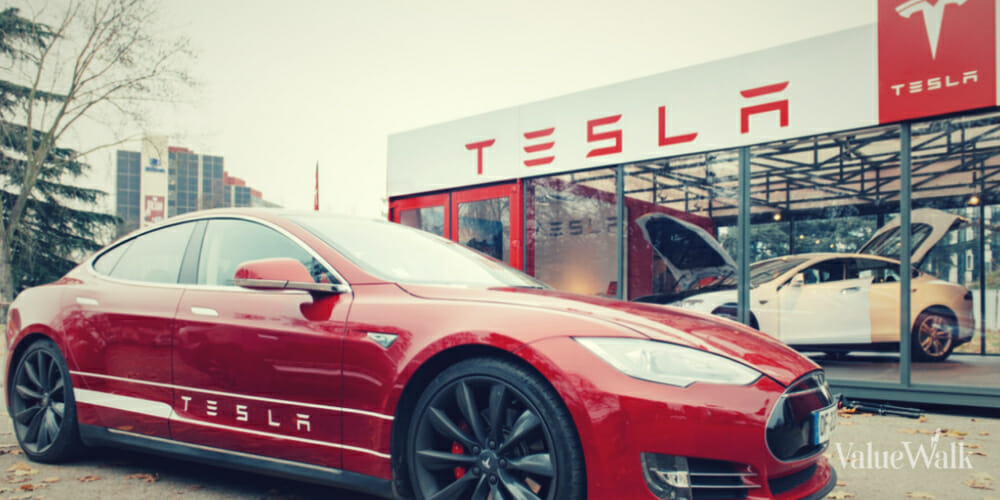In his podcast addressing the markets today, Louis Navellier offered the following commentary.
No Yield Surge
The Commerce Department announced on Friday that Personal Consumption Expenditure (PCE) report rose 0.3% in February and 5% in the past 12 months (down from a 5.3% annual pace in January).
Q4 2022 hedge fund letters, conferences and more
The core PCE, excluding food and energy, also rose 0.3% in February and 4.6% in the past 12 months. Personal spending rose 0.2% in February, but after PCE inflation, personal spending declined 0.1%.
Overall, the PCE report was a bit better than economists expected, so the Fed should not be raising key market rates further unless Treasury yields resurge.
The Labor Department on Thursday reported that unemployment claims in the latest week rose to 198,000, up from 191,000 in the previous week.
Continuing unemployment claims rose to 1.689 million up from a revised 1.685 million in the previous week. Overall, the labor market remains healthy and is not expected to impact Fed policy.
Tesla Price Cut
The Financial Times reported this week that Tesla Inc (NASDAQ:TSLA)’s move to slash prices in China has backfired because EV rival BYD continues to capture market share. Chinese consumers have responded favorably to cheaper, new EV models from BYD.
First-quarter sales for BYD are expected to surge 80% to more than 40% market share while Tesla’s market share slipped to 7.8%.
China is removing its EV subsidies, so lower-priced EVs like BYD sells are the most popular. Overall, it will be interesting how Tesla responds, but a new cheaper model would likely be welcome in China.
Ford F-150 Lightning Pro Price Hike
Ford Motor Co (NYSE:F) resumed the production of its F-150 Lightning pickup truck this week following a battery fire during an inspection after assembly several weeks ago.
However, Ford also raised the price of the F-150 Lightning Pro standard-range pickup to $60,000, which is 50% higher than the original starting price. The F-150 Lightning Lariet standard-range pickup was also raised to $76,000 and the F-150 Lightning top-line Platinum to $98,000.
Ford has raised the price of the F-150 Lighting several times due to higher lithium, nickel and cobalt prices.
LG Energy Solutions Ltd. announced that it will invest $5.5 billion in building a giant battery manufacturing facility in Arizona. Interestingly, LG will be building the cylindrical batteries that both Lucid and Tesla utilize and manufacture enough batteries for 350,000 vehicles per year.
LG will also be building a separate plant for iron phosphate batteries and is scheduled to begin production in 2026. Toyota and LG are also talking about a potential partnership. Overall, it is apparent that LG is striving to compete with Panasonic for its current business with Lucid, Tesla and Toyota.
Japan and the U.S. reached a trade agreement for the minerals utilized in clean energy technologies. This effectively means that Japan now qualifies for domestic electric vehicle (EV) subsidies in the Inflation Protection Act.
This trade agreement will not only boost Japanese EV manufacturers, but is also designed to attempt to move the EV supply chain away from China, which currently dominates the processing of lithium, cobalt and other battery components.
It will be interesting if Europe follows Japan and tries to get similar trade agreements with the U.S., since the Inflation Protection Act’s domestic incentives for EV subsidies have irritated France, Germany and other European countries.
Brazil-China Agreement
Speaking of China, the country is Brazil’s largest trading partner and has vast investments in Brazil. The Brazilian Trade & Investment Promotion Authority announced on Wednesday that it will be transacting directly with China and bypassing the U.S. dollar to “reduce costs” and “promote even greater bilateral trade and facilitate investment.”
This last statement says it all, since essentially China told Brazil to make this statement if it wants to continue to benefit from Chinese investments.
The U.S. dollar dominates commodity trading since commodities are priced in U.S. dollars, so this new Brazilian trade agreement with China is essentially meant to undermine the U.S. dollar and boost the credibility of the Chinese yuan.
Since the U.S. has neglected Latin America for decades, China has stepped up its influence and more countries in the region may follow Brazil, like Honduras, which recently broke off its diplomatic relations with Taiwan to appease China.
A Digital Euro
The European Central Bank is exploring a digital euro and the Fed is expected to follow. The excuse being used for these digital currencies is to better control the money supply as well as to more effectively compete with China.
However, the truth of the matter is that these digital currencies are designed to better enforce tax collection, since cash transactions are often underreported as income. As an example, I am installing new pool equipment at my Florida home and I got a better price if I paid cash.
Another example is a gentleman I use who installs paint protection film and applies a ceramic coating to my vehicles gives me a discount if I pay in cash. So essentially, the cash economy is alive and well in America, but a digital dollar is designed to put an end to cash transactions and boost tax revenue.
Coffee Beans
An auction company is expecting to fetch $10,000-$15,000 for an unusual piece of music history -- the MTV gong from the 1980s. It was famously used by Tina Turner when she appeared as a guest presenter for a show where she talked about her favorite music videos in 1986. Source: UPI. See the full story here.






